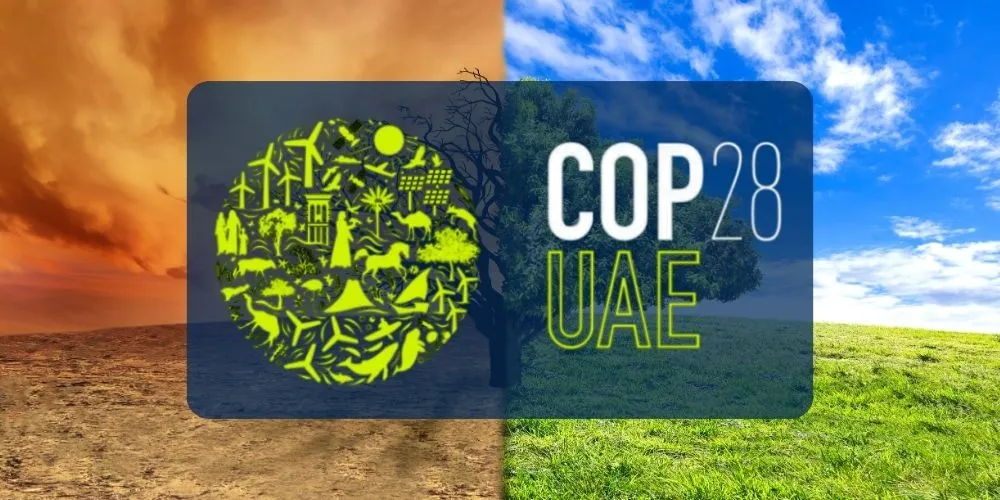Leaked documents reveal that the United Arab Emirates (UAE) planned to explore oil and gas deals with 15 nations during the UN climate talks (COP28), raising concerns about conflicts of interest. The documents, prepared by the UAE’s COP28 team, propose detailed “talking points” for meetings with foreign governments, including discussions about fossil fuel projects and partnerships. Adnoc, the UAE’s state oil company, and Masdar, the state renewable energy company, were reportedly involved in the business talks.
The leaked documents included talking points for discussions with various countries, such as China, Colombia, Germany, and Egypt. Adnoc’s willingness to evaluate international liquefied natural gas (LNG) opportunities in Mozambique, Canada, and Australia was highlighted in the documents. The UAE’s COP28 team did not deny using the meetings for business talks but insisted that “private meetings are private” and declined to comment on the content of discussions.
The COP28 summit, hosted by the UAE in Dubai, is a critical global event focused on addressing climate change. However, the leaked documents suggest that the UAE may have attempted to advance its commercial interests during the UN climate talks, a potential breach of expected standards of conduct for COP presidents.
COP presidents are expected to act without bias, self-interest, or favoritism, promoting impartiality and focusing on climate action. The UN body responsible for climate negotiations, the United Nations Framework Convention on Climate Change (UNFCCC), sets these standards and emphasizes the importance of COP presidents ensuring that personal views and convictions do not compromise their roles.
The leaked documents indicated that the COP28 president, Dr. Sultan al-Jaber, also the CEO of Adnoc and Masdar, was briefed on objectives for meetings with various countries, including issues to raise in advancing UN climate talks. The twelve nations denied discussions of commercial activities during meetings or stated that meetings did not occur.
The allegations raise concerns about potential conflicts between advancing climate goals and pursuing fossil fuel deals, especially considering the need for global collaboration to address climate change effectively. The COP28 summit is crucial for setting ambitious targets to cut greenhouse gas emissions and limit rising global temperatures.
The success of COP28 and the reputation of the UAE’s leadership in UN climate talks will be evaluated based on the outcomes achieved during the summit, despite concerns about the perceived conflict of interest.





